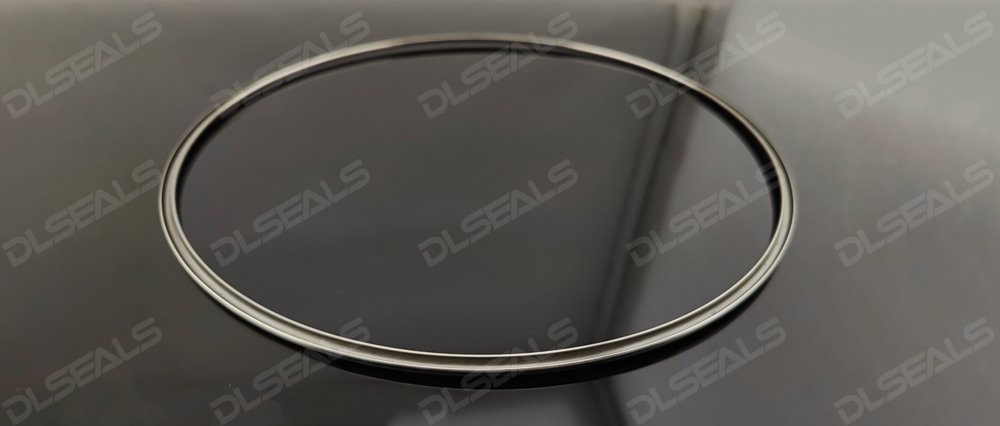News
A2024-03-22

In the industrial field, seal selection is critical to equipment performance and reliability. Metal seals and rubber seals are two common sealing solutions, each with unique advantages and application areas. This article will compare metal seals and rubber seals to help you understand which one is better suited to meet your industrial needs.
1. Resistant to high temperatures and pressures: metal seals win
Metal sealing rings: Because they are made of high-strength metal materials, metal sealing rings perform well in high-temperature and high-pressure environments. They can stably maintain sealing performance and are suitable for equipment that needs to operate under extreme conditions, such as aerospace engines, high-temperature factories and high-pressure hydraulic systems.
Rubber sealing ring: The performance of rubber sealing ring is relatively poor under high temperature and high pressure, which may cause deformation, aging and leakage. Therefore, in applications that require high temperature and pressure resistance, metal sealing rings are more suitable.
2. Corrosion resistance and chemical stability: metal sealing rings have more advantages
Metal Seals: Metallic materials generally have excellent corrosion resistance and chemical stability, making metal seals ideal for handling corrosive media. In fields such as chemical industry, petroleum and offshore engineering, metal seals can maintain their performance over time and resist the attack of chemical substances.
Rubber sealing ring: Rubber sealing rings may be sensitive to some chemicals and susceptible to corrosion. Therefore, in industrial environments with high requirements for medium corrosiveness, metal sealing rings are more reliable.
3. Elasticity and sealing performance: rubber sealing rings have advantages
Metal Seals: Although metal seals perform well in high temperature and pressure environments, their relatively rigid nature may limit the elasticity requirements in some applications. In some mechanical connections, metal seals may not provide sufficient elasticity.
Rubber Seals: Rubber seals are made of soft rubber material with superior elasticity and are suitable for applications requiring elastic sealing. This makes rubber seals widely used in automobiles, home appliances and light industry.
4. Cost and life cycle considerations: Depends on application scenario
Metal Seals: Metal seals generally have higher manufacturing costs, but their long life and low maintenance requirements may reduce overall costs in the long term. Suitable for applications requiring high performance and reliability.
Rubber seals: Rubber seals are generally more economical, but in some scenarios with extremely high temperature, pressure, and corrosive requirements, their lifespan and performance may not be as good as metal seals.
Conclusion: Trade-offs
Choosing between metal and rubber seals depends on your specific industrial needs. When selecting, weigh factors such as high temperature, high pressure, corrosion resistance, resiliency and cost to ensure the seal you choose best meets your equipment performance requirements. Whatever your application needs, a careful comparison of the characteristics of these two seals will help ensure you make an informed decision.
[DLSEALS kindly Reminder] Sealing issues? Turn to DLSEALS! As a sealing component manufacturer, we specialize in customizing sealing components, providing a full range of services from design, research and development, production, testing, and more. If you have more information you'd like to know, feel free to contact us directly. DLSEALS's product experts are dedicated to serving you!